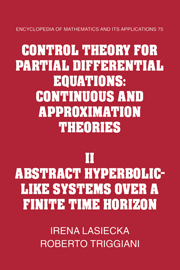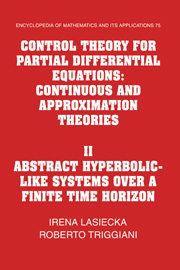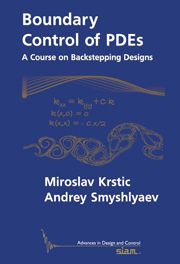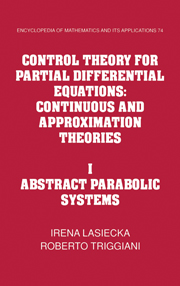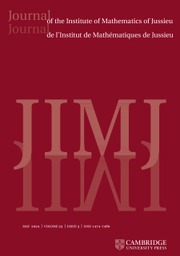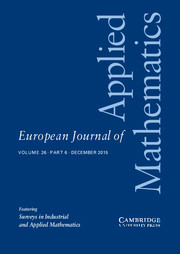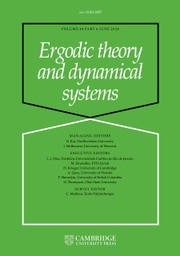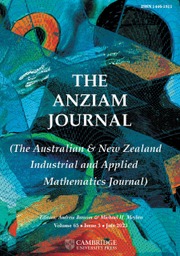Mathematical Control Theory of Coupled PDEs
Mathematical control theory for a single partial differential equation (PDE) has dominated the research literature for quite a while: new, complex, and challenging issues have recently arisen in the context of coupled, or interconnected, PDE systems. This has led to a rapidly growing interest, and many unanswered questions, within the PDE community. By concentrating on systems of hyperbolic and parabolic coupled PDEs that are nonlinear, Mathematical Control Theory of Coupled PDEs seeks to provide a mathematical theory for the solution of three main problems: well-posedness and regularity of the controlled dynamics; stabilization and stability; and optimal control for both finite and infinite horizon problems along with existence/uniqueness issues of the associated Riccati equations.
Product details
December 2001Paperback
9780898714869
254 pages
250 × 172 × 11 mm
0.437kg
This item is not supplied by Cambridge University Press in your region. Please contact Soc for Industrial & Applied Mathematics for availability.
Table of Contents
- Preface
- 1. Introduction
- 2. 2 Well-Posedness of Second Order Nonlinear Equations with Boundary Damping
- 3. 3 Uniform Stabilizability of Nonlinear Waves and Plates
- 4. 4 Uniform Stability of Structural Acoustic Models
- 5. 5 Structural Acoustic Control Problems. Semigroup and PDE Models
- 6. 6 Feedback Noise Control in Structural Acoustic Models. Finite Horizon Problems
- 7. 7 Feedback Noise Control in Structural Acoustic Models. Infinite Horizon Problems
- Bibliography
- Index.


